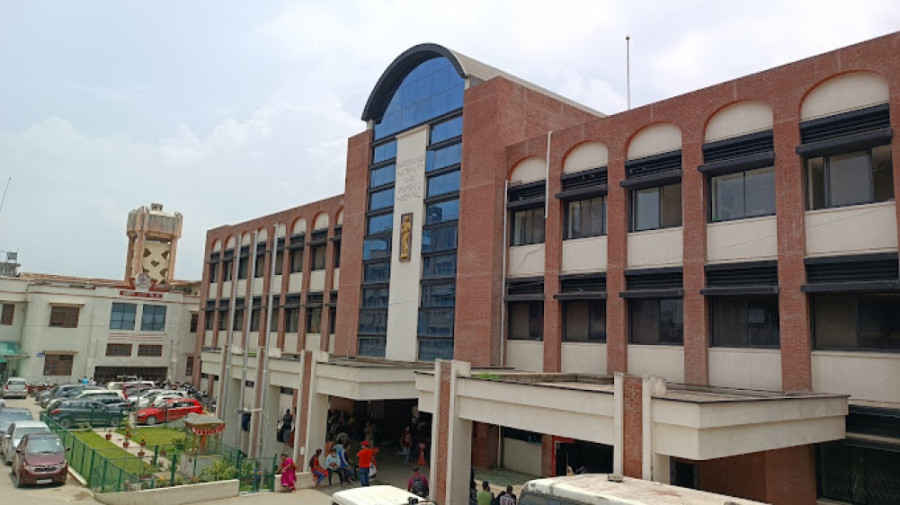Health
Paropakar Maternity Hospital starts free fistula surgery
More than 40,000 Nepali women, mostly in rural areas, estimated to have been suffering from obstetric fistula.
Post Report
Poor women suffering from obstetric fistula, a serious childbirth injury, can now heave a sigh of relief, as Paropakar Maternity and Women’s Hospital has started carrying out free surgery.
Officials at the hospital said that this is the first time the federal hospital started offering free obstetric surgery and anyone with these problems can seek treatment at the hospital.
“We have already carried out one free obstetric fistula surgery in the hospital,” said Dr Shree Prasad Adhikari, director of the hospital. “Many women with this condition may not be aware of the free scheme. We would like to ask them to get free treatment at our hospital, and regain their quality of life.”
Obstetric fistula, one of the most serious childbirth injuries, is a hole between the vagina and the rectum caused by prolonged labour. Many women, especially in hilly and mountainous areas, often develop the condition due to delays in reaching health facilities.
Doctors say affected women suffer from urinary or faecal incontinence or both.
“Obstetric fistula not only causes physical problems but also leads to serious mental stress,” said Adhikari. “Their physical relationship with their husbands is affected, and they are often ostracised by family members and the community. The problem is preventable, and in most cases, can be surgically repaired.”
Officials say that the United Nations Population Fund has agreed to reimburse the hospital for the treatment costs. Earlier, each patient had to pay between Rs50,000 and Rs60,000 for the treatment at the hospital.
It is estimated that there are 40,000 to 50,000 cases of obstetric fistula in Nepal. A study carried out by the Ministry of Health and Population, UNFPA, in the past estimates that 200 to 400 women in the country develop obstetric fistula every year.
Experts say that the estimated figure could be just a tip of the iceberg, as most cases are underreported due to stigma associated with the problems.
Along with Paropakar Maternity and Women’s Hospital, Provincial Hospital Surkhet and BP Koirala Institute of Health Sciences also provide free surgery for the condition.
Doctors say that the problems can lead to a chronic maternal mortality rate, if left untreated.
Nepal has reduced maternal deaths by over 70 percent since 2000, according to a report by the World Health Organisation.
The UN health body, in a recent report, stated that currently 142 Nepali women die from maternity-related complications per 100,0000 live births.
A previous study carried out by the National Statistics Office in 2021 had shown 151 maternal deaths per 100,000 live births.
The WHO has emphasised that urgent investment is needed to prevent maternal deaths. The world is currently off-track to meet the UN’s Sustainable Development Goal target for maternal survival.
Globally, the maternal mortality ratio would need to fall by around 15 percent each year to meet the 2030 target–significantly increasing from current annual rates of decline of around 1.5 percent.




 25.42°C Kathmandu
25.42°C Kathmandu














